|
One of the most interesting things about the 50th anniversary of the moon landing is how many people today don’t believe it ever happened. As mentioned in episode 2 of The Conversation podcast To the moon and beyond, 12 per cent of Britons are disbelievers and in Russia, an incredible 57 per cent of the population think it was a hoax. As someone who was obsessed with the Apollo program as a child, I too sometimes can’t believe it happened – because you can't imagine it happening today.
We now live in a world where politicians don’t set bold goals like John Kennedy did in 1961, when he vowed the United States would land humans on the moon and return them safely before the end of the 1960s. It’s hard to believe that in order to meet that goal, the U.S. government devoted more than four per cent of its total budget to NASA. Besides the countless private contractors who worked on the moon project, there were also more than 200 universities doing research and scientific discovery for NASA. It was an age of hope and trust in science – something all politicians supported, regardless of their party.
Fifty years ago today, the phrase “go back to where you came from” meant only one thing – getting the Apollo 11 astronauts home safely.
This weekend, look up in the sky at night and wonder at the moon. We’ll be back in your Inbox on Monday.
|
Weekend Reads to mark the 50th anniversary of the moon landing
|
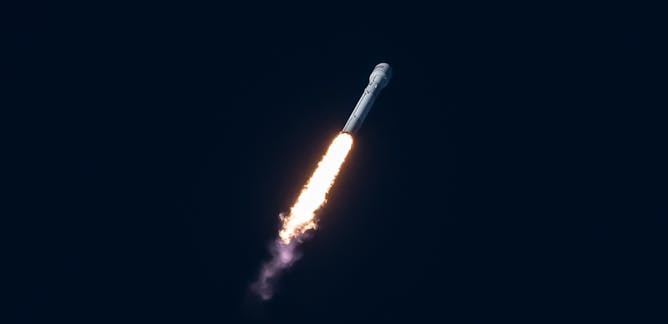
Martin Archer, Queen Mary University of London; Miriam Frankel, The Conversation
Episode 3 of the To the moon and beyond podcast takes a look at who some of the key players are in the 21st century space race and what they are competing for.
| |
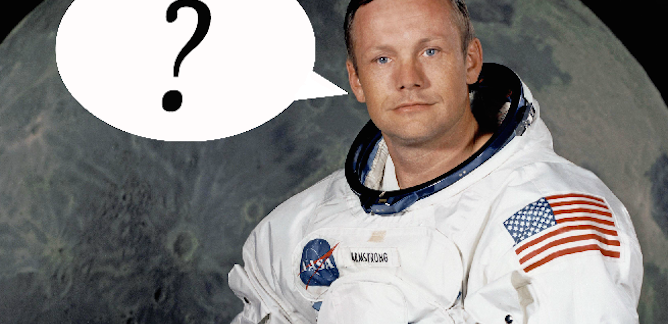
Melissa Michaud Baese-Berk, University of Oregon
Armstrong always insisted that he said, 'That’s one small step for a man.' Yet everyone omits the 'a' when they repeat the quote. A linguist tries to get to the bottom of what happened.
|
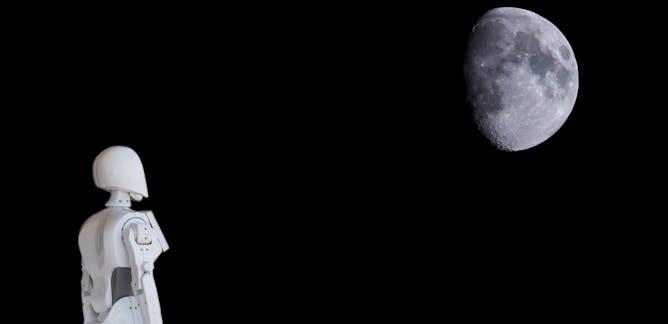
Robin Chhabra, Carleton University
The future of lunar exploration and space travel will be possible only through advances in robotic design and implementation.
| |
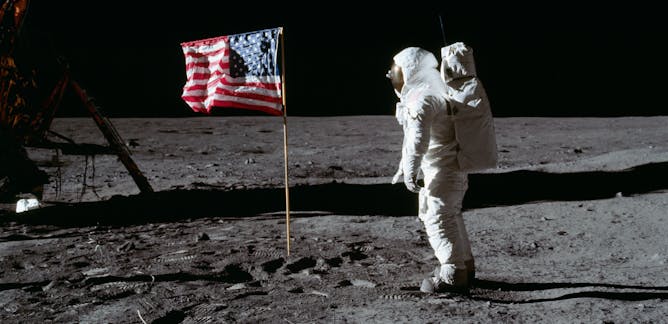
Howard Berry, University of Hertfordshire
Les théoriciens du complot sont convaincus que l'homme n'a jamais marché sur la Lune. Les images proviendraient d'un studio. Impossible, dit cet expert en cinéma.
|

Sara M. Langston, Embry-Riddle Aeronautical University
The new era of space exploration is characterized by an emphasis on diversity and international cooperation. But there's a lot of work to do before there's gender equality in STEM fields and at NASA.
| |
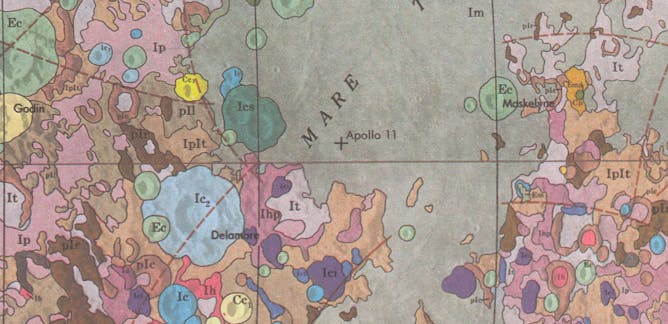
David Rothery, The Open University
We have the Apollo missions to thank for a lot of our geological knowledge about the moon.
|
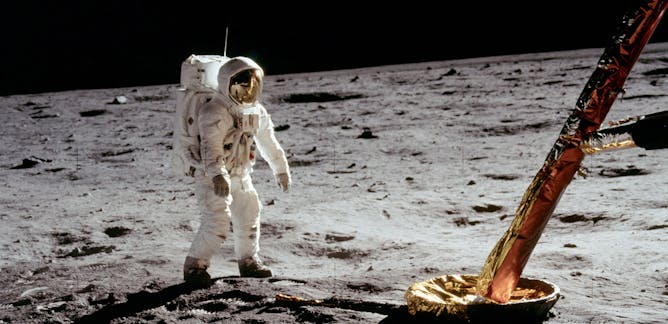
Alice Gorman, Flinders University
Just 12 people stepped on the Moon during the Apollo missions, but they left more than just footprints. It's a legacy that needs protecting from damage by any future Moon missions.
| |
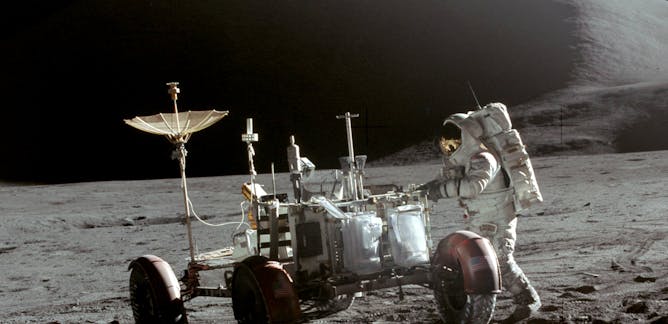
Jim Wild, Lancaster University
In its Cold War race to the moon, the US played Russian roulette with solar storms.
|
|
|